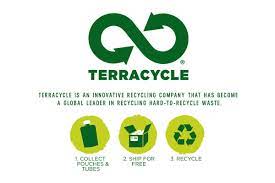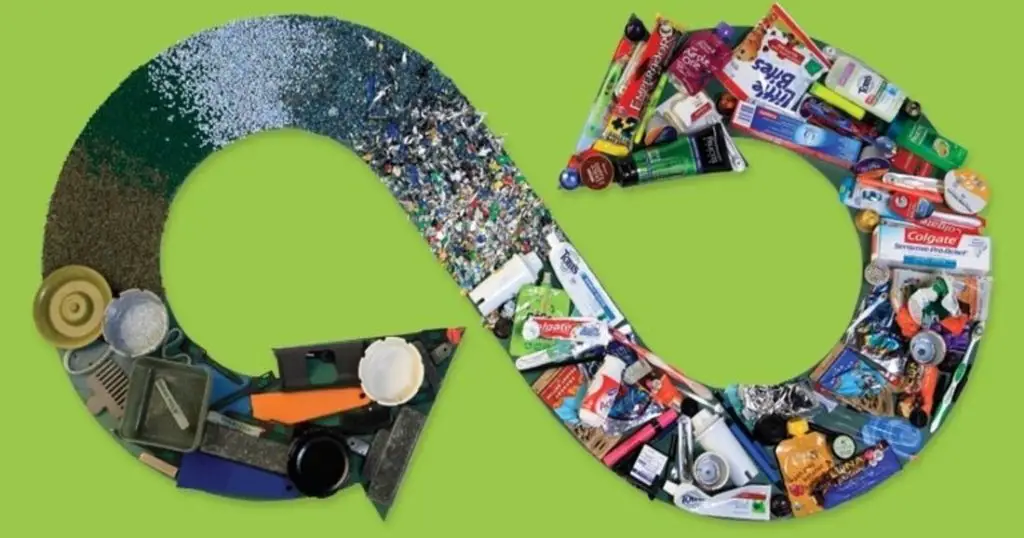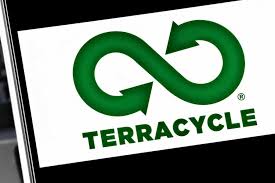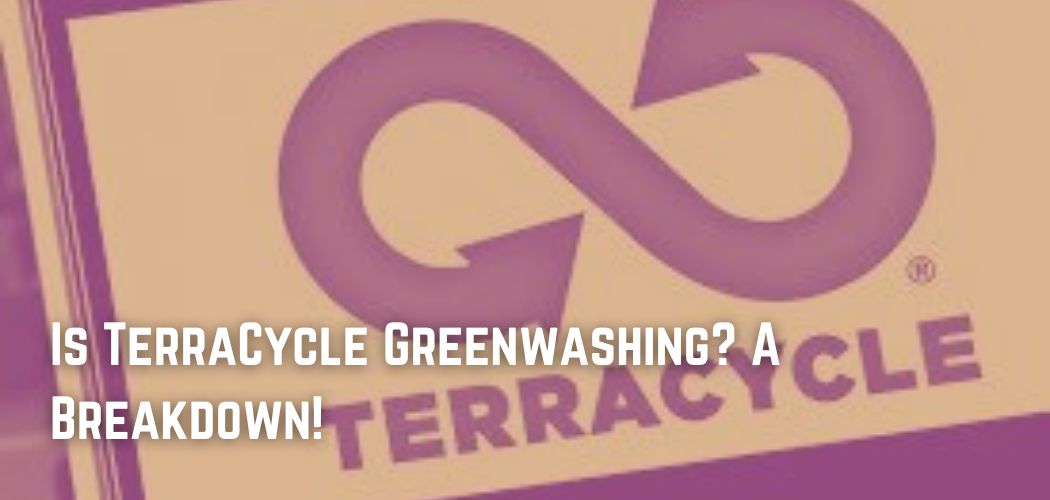Tom Szaky created the company Terracycle in 2001 to fix the faulty recycling system. Municipal recycling systems take certain items but are not able to handle sophisticated items like toothpaste tubes and makeup packages.
Without an added incentive, recycling many of these items is not financially worthwhile.
Consequently, TerraCycle collaborates with dozens of businesses.
Through these relationships, it produces millions of dollars to sponsor recycling initiatives for the products and packaging of these companies.
However, when funding for a specific product runs out, TerraCycle stops accepting new members, regardless of the demand for recycling from customers.
Unfortunately, the existence of a free recycling program that wasn’t available to all customers may have influenced the purchasing decisions of some customers.
This results in “greenwashing,” in which ambiguous language and inaccurate or irrelevant claims are used to deceive consumers into thinking a product is greener than it actually is.
Consumer-funded mail-in recycling programs for difficult-to-recycle waste are also offered by TerraCycle.
The cost of these zero-waste boxes ranges from $42 to $199, and participants just return the packing and items by mail.
Zero Waste Boxes
“Zero Waste Boxes” are a tangible product sold by TerraCycle. Consumers can purchase these bags, fill them with packing material, and mail them back to TerraCycle for recycling.
However, these are not reusable and are not even manufactured from recycled cardboard as a whole. The small boxes are 73% recycled, while the large boxes are 84% recyclable. However, TerraCycle claims that its source is accredited by the Forest Stewardship Council (FSC).

Additionally, the Zero Waste Boxes have a plastic lining that appears to be made from virgin plastic.
Along with the majority of flexible plastics, this sort of plastic can only be downcycled. This sort of plastic degrades each time it is recycled and can only be recycled a limited number of times before becoming unusable.
Broken Waste Management System
Although recycling efforts can be improved by making containers easier to recycle, utilizing renewable energy when processing materials, and ensuring that the right infrastructure is in place to manage waste, recycling is not inherently sustainable in many applications.
In fact, the EPA’s waste reduction pyramid ranks reuse above recycling.
Loop is a global reuse platform for many stakeholders, including producers, merchants, operational partners, and consumers.
Their objective is to establish a circular supply chain for packaging that manufacturers can refill and reuse.
Loop is currently available in the United States, Canada, the United Kingdom, France, and Japan, with Australia anticipated to follow shortly.
“Recycling, whether through TerraCycle or municipal recycling, is really a Band-Aid,” stated TerraCycle’s CEO. “We believe reuse is the best solution, and we continue to invest all of our profits in making Loop successful. And really, if Loop truly takes off, it will actually cannibalize our other company, kind of as Netflix’s streaming killed off their DVD industry. That will be beneficial.”
Regardless of the final success of Loop, TerraCycle is in a unique position to bring together diverse parties to develop reusable packaging solutions.
The latest lawsuit and allegations of “greenwashing” have damaged TerraCycle’s reputation, yet the company has accomplished a great deal.
It has won multiple business and environmental awards and founded the TerraCycle Global Foundation, a non-profit organization that has collected approximately 1 million pounds of waste from rivers.
Accused In A lawsuit For Recycling Claims
One of the issues highlighted by the non-profit organization Last Beach Cleanup was the difficulty in accessing recycling programs.
The group filed a complaint against TerraCycle, alleging that the company’s recycling promises were “deceptive,” as well as inaccessible and unclear.
The dispute was resolved with stipulations requiring TerraCycle to “give assurances for every recyclable claim made by TerraCycle or its clients.”

If the program had a restriction on the amount of garbage it would take, brands involved in the settlement were required to update the wording on their product labels to “not 100% recyclable.”
TerraCycle paid the attorney expenses and legal fees of Last Beach Cleanup, despite the fact that “neither TerraCycle nor the other corporations sued by LBC admitted guilt or paid damages.”
Before the case was filed, TerraCycle and LBC had agreed on the main parameters of a settlement; therefore, the matter was never litigated.
TerraCycle took LBC’s allegations seriously and responded expeditiously and constructively (which included providing them with substantial paperwork to support our recycling operations in response to their request).
Moreover, without the real litigation, LBC may not have raised its public profile to the extent that it has after the matter was resolved.
Is It Greenwashing?
There is no doubt that recycling difficult-to-recycle plastics is beneficial in and of itself, so they are not asking people to cease using TerraCycle recycling programs.
However, they believe it is important to highlight that TerraCycle interacts with companies in a way that makes it appear as if they are helping to tackle the plastic pollution problem, despite the reality that these businesses continue to be major contributors to the problem.
Recycling initiatives by TerraCycle do not alter this fact.
TerraCycle provides marketing services to brands to promote their participation in a TerraCycle recycling program.

If TerraCycle requires brands to disclose what percentage of their overall packaging is recycled as opposed to landfilled or incinerated, this could reduce the likelihood of TerraCycle programs being utilized for corporate greenwashing.
Because “companies do not share their sales with us,” TerraCycle is unable to determine what proportion of the overall garbage produced by the brands it collaborates with is recycled. To obtain this information, TerraCycle must contact the businesses directly.
Collaboration With The Worst Plastic Polluters
The following brands share two characteristics. First, they are all affiliated with TerraCycle. Break Free From Plastic ranked them among the top 10 most plastic-polluting brands in the world.
- PepsiCo Unilever
- Coca-Cola
- The Procter and Gamble Company
- Nestle
- Danone
- John Philip Morris
Conclusion
They claim that these firms are producing and selling an increasing number of disposable plastic products and then passing the buck to you.
This modest expenditure by businesses appears to be more of a marketing trick than an indication of a genuine shift in their operations. In other words, it appears that firms pay TerraCycle to help them greenwash.

